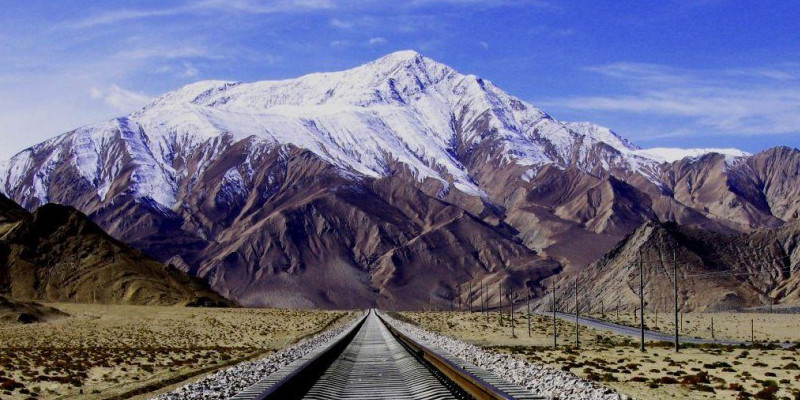For the wealthiest people in Beijing, strife-torn areas like Tibet and Xinjiang are swiftly mutating into a tax haven where investment is lucrative owing to the fact that China levies less tax in these region.
This development has been highlighted by reports of how Chinese billionaire actresses Zhao Wei and Fan Bingbing set up companies in the provinces of Tibet and Xinjiang to escape the 25% tax cap set up by the Chinese government.
Recently, an investment by Chinese actress Zhao Wei came under spotlight as she invested $440 million in a Shanghai-listed animation company Longwei Culture and Media, a company based in Lhasa, the capital of Tibet.
China has been relentlessly trying to win over Tibetans in Tibet by increasing infrastructural development in the region. However, due to its laxity on the preferential tax cap for Tibet, the region has slowly become a source of income tax evasion for China’s wealthiest who are rapidly setting up companies situated far from Beijing.
Companies in Tibet and Xinjiang enjoy a tax rate of 15% while their counterparts go under the national standard rate of 25%.
“They have virtually become China’s version of British Virgin Islands,” the South China Morning Post quoted Shen Meng as saying.
The expansion of companies in Tibet does not necessarily translate to more employment. Instead, these companies are set up only for the purpose of evading tax.

